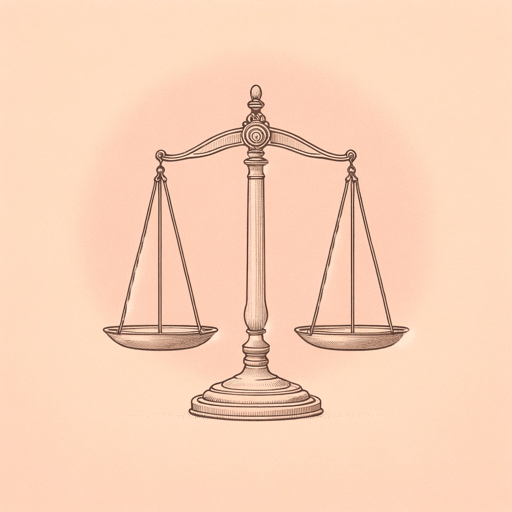57 pages • 1 hour read
Ruth Bader GinsburgMy Own Words
Nonfiction | Autobiography / Memoir | Adult | Published in 2016A modern alternative to SparkNotes and CliffsNotes, SuperSummary offers high-quality Study Guides with detailed chapter summaries and analysis of major themes, characters, and more.
Themes
The Struggle of Women and Minorities for Equality
From her childhood, Ginsburg recognized the reality of gender inequity as well as other forms of inequality. Her biographers write, “[F]rom a young age, Ruth also resented what she saw as sometimes rigid adherence to seemingly hypocritical rules and the inferior role assigned to women” (15). At age 13, when Ginsburg penned articles not only for her school newspaper but also for the Jewish community’s newsletter, she found herself excluded from the bar mitzvah ceremony that the 13-year-old Jewish boys participated in as a rite of passage. Her acute awareness of the misuse of power came to the fore during her college matriculation, when she challenged the prevailing, popular use of wiretapping, the newest tech tool, conducted without legal warrants. In a letter to the Cornell Daily Sun, she wrote: “[I]n our system of justice, the presumption of innocence is prime, and the law cannot apply one rule to Joe who is a good man, and another to John, who is a hardened criminal” (23). During her time at Cornell, studying under constitutional scholar Robert Cushman, her career focus fell onto social justice when Cushman challenged Ginsburg to pursue the law.
Ginsburg’s early area of legal expertise was procedural law. As a result, she became well acquainted with the history of jurisprudence, acquiring not only an encyclopedic knowledge of the US federal and state judicial systems but also a purview of how other nations conduct the rule of law.

